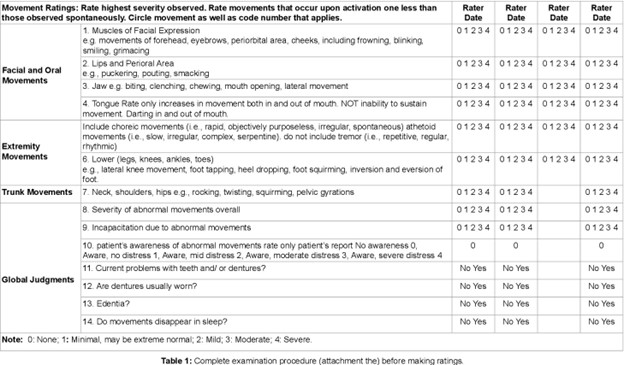A nurse is assisting in the care of a client. Nurses' Notes 2000:
Client presents to emergency department and states, "I have been assaulted." Client was immediately placed in a treatment room.
2015:
"Client states they were out with friends this evening and had "a little too much to drink." Client states that they fell asleep at their friend's house and when they woke up all of their clothes were off and their genitals were sore. The client states, "I think someone had sex with me, but I don't remember anything." Client reports history of depression. Client is a full-time college student who lives with roommates. Client admits to drinking socially but denies illicit drug use and tobacco use.
Which of the following interventions should the nurse plan to implement?
Select all that apply.
Contact children and youth services
Provide resources to the client for the local Alcoholics Anonymous chapter
Request a consult for case management
Maintain a safe and private environment for the client
Administer sexually transmitted infection prophylaxis
Provide resources for local support services
Correct Answer : C,D,E,F
Case management can be beneficial in situations involving assault to help coordinate and provide ongoing support and resources for the client. This intervention is appropriate in this scenario.
Ensuring a safe and private environment is crucial to protect the client's confidentiality and provide a supportive atmosphere during this difficult time. This intervention is necessary. Since the client reports being assaulted and has sore genitals, it is important to consider the risk of sexually transmitted infections (STIs). Administering STI prophylaxis can help prevent potential infections.
The client may benefit from additional support services such as counseling or support groups. Providing resources for local support services can help the client access the necessary help and support they need.
Contacting children and youth services is not applicable in this scenario as the client is a full-time college student and not a child or youth.
While the client mentioned drinking, it is not explicitly stated that they have an alcohol addiction or problem. Therefore, providing resources for Alcoholics Anonymous may not be the most appropriate intervention at this time.
Nursing Test Bank
Naxlex Comprehensive Predictor Exams
Related Questions
Correct Answer is B
Explanation
The AIMS is specifically designed to assess for the presence and severity of abnormal involuntary movements, which can be a side effect of long-term antipsychotic medication use, including tardive dyskinesia. It consists of a series of standardized movements and observations that assess different body regions for abnormal movements. The nurse can use this tool to monitor the client's movements and identify any signs of tardive dyskinesia.

Mental Status Examination (MSE): The MSE is a comprehensive assessment of a client's mental status, including their cognition, mood, and thought processes. While the MSE is an important tool in assessing overall mental health, it is not specific to tardive dyskinesia. Patient Health Questionnaire-9 (PHQ-9): The PHQ-9 is a screening tool for depression that assesses the severity of depressive symptoms. While depression can be a comorbidity in individuals with schizophrenia, the PHQ-9 does not directly assess for tardive dyskinesia. Brief Psychiatric Rating Scale (BPRS): The BPRS is a rating scale used to assess the severity of psychiatric symptoms in individuals with mental disorders. While it is useful in evaluating overall symptomatology in schizophrenia, it does not specifically target tardive dyskinesia.
Correct Answer is A
Explanation
Monitoring the infant's lymphocyte count is important in evaluating the immune function of the infant. HIV primarily affects the immune system, including lymphocytes. Monitoring the lymphocyte count helps assess the progression of the disease and the effectiveness of treatment.
Exchange transfusions are not typically used in the management of HIV. They are primarily performed in conditions like severe neonatal jaundice or blood disorders, but not for the treatment of HIV.
Granulocyte colony-stimulating factor (G-CSF) is a medication used to stimulate the production of white blood cells called granulocytes. While G-CSF can be used in certain situations, such as to counteract the side effects of certain chemotherapy drugs, it is not a standard treatment for HIV in infants.
Droplet precautions are typically implemented for infectious diseases that spread through respiratory droplets, such as influenza or respiratory syncytial virus (RSV). HIV does not spread through respiratory droplets, so initiating droplet precautions would not be necessary in the care of an infant with HIV.
Whether you are a student looking to ace your exams or a practicing nurse seeking to enhance your expertise , our nursing education contents will empower you with the confidence and competence to make a difference in the lives of patients and become a respected leader in the healthcare field.
Visit Naxlex, invest in your future and unlock endless possibilities with our unparalleled nursing education contents today
Report Wrong Answer on the Current Question
Do you disagree with the answer? If yes, what is your expected answer? Explain.
Kindly be descriptive with the issue you are facing.
